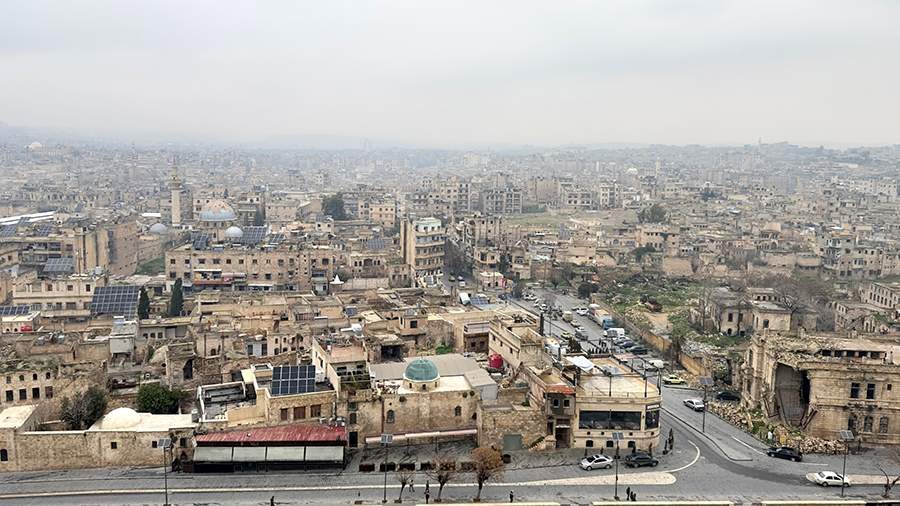Lavrov pointed to Russia's interest in maintaining stability in Syria.

Russia is interested in ensuring that the situation in Syria that has developed since the change of power does not lead to internecine clashes, as the likelihood of this persists in some regions. This was announced on February 26 by Russian Foreign Minister Sergei Lavrov.
"We are interested in ensuring that this process does not get out of control and lead to civil strife. As such risks persist, there are still clashes between different groups in some places after the new government was established in Damascus. <..."They want to take advantage of the current situation to assert their rights to certain regional autonomy," Lavrov said at a press conference in Doha.
He noted that many parts of the territory of the Syrian Arab Republic (SAR) show intentions to isolate themselves from the central authorities. And it's not just the Kurds who cherished the ideas of separatism during the administration of the ex-president USA Joe Biden, but representatives of other faiths.
In addition, Russia intends to seek the immediate lifting of sanctions imposed by Washington and European leaders against the previous government of Bashar al-Assad. Your position Moscow outlined it at the United Nations (UN).
"They did not strike at Bashar al-Assad and his government, but at the Syrian people, and they continue to do the same under the government, which the West, in general, considers more acceptable than the previous government," the Russian Foreign Minister said.
At the same time, Russia will seek the lifting of unilateral sanctions without any conditions, since statements have been made in EU countries that any easing of restrictions should involve "the expulsion of the Russian Federation from the Syrian Arab Republic."
"This is the same mentality that has distinguished Europe recently. Either—or. Either with us or against us," Lavrov added.
Prior to that, on February 20, Lavrov held a meeting with his Turkish counterpart Hakan Fidan in Johannesburg during the G20 Foreign Ministers' summit, during which href="https://iz.ru/1842528/2025-02-20/lavrov-i-glava-mid-turtcii-fidan-obsudili-usiliia-po-stabilizatcii-v-sirii " target="_blank">the stabilization of the situation in Syria was also discussed. The Ministers also exchanged views on international and regional issues.
Later, on February 24, it was reported that the European Union (EU) suspended sanctions against Syria in the fields of energy and transport. It was clarified that this measure is part of the European Union's efforts to support an inclusive political transition in Syria, as well as its rapid economic recovery, reconstruction and stabilization.
The head of the European Diplomacy, Kaya Kallas, reported on January 27 on the approval of a roadmap by the foreign ministers of the 27 EU countries for the phased lifting of sanctions restrictions against Syria. At the same time, she warned that Europe could re-impose sanctions if the actions of the new Syrian authorities were "wrong."
Переведено сервисом «Яндекс Переводчик»

